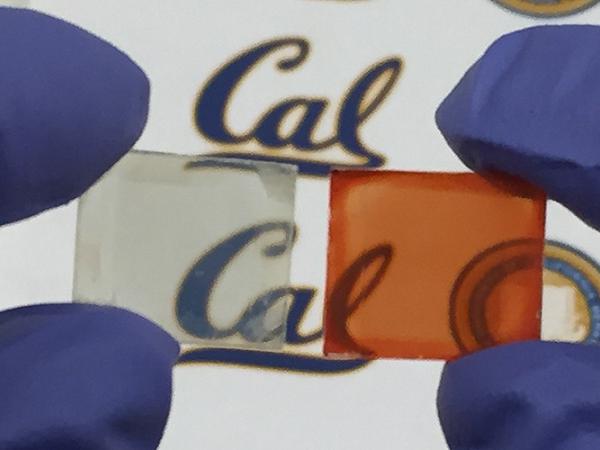
Date: 2 February 2018
A new discovery by Berkeley researchers may soon bring us windows that automatically tint on a sunny day to block the heat while also generating electricity.
Peidong Yang, a professor of chemistry and faculty scientist at Berkeley Lab, and his colleagues have tweaked the chemical structure of perovskite — a versatile material that already rivals silicon-based solar cells — so that the material turns from transparent to opaque when heated and also converts sunlight into electricity.
The invention could lead to power-producing smart windows for buildings, cars and display screens, according to the authors of the study, who reported the development today in the journal Nature Materials.
While the sunlight conversion efficiency of the material — an inorganic halide perovskite with added cesium, lead, iodine and bromine — is still low and the transition from transparent window to opaque solar cell requires heating the window to the boiling point of water, Yang is already at work on versions that work at lower temperatures and with higher conversion efficiency.
“This class of inorganic halide perovskite has amazing phase transition chemistry,” Yang said. “It can essentially change from one crystal structure to another when we slightly change the temperature or introduce a little water vapor.”
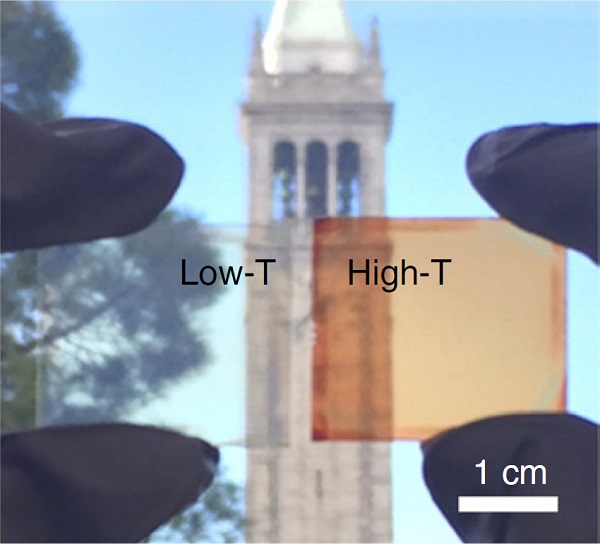
Perovskites have been a focus of much research lately because, with the right admixture of chemical elements, they work as very efficient solar cells, converting light to electricity. Tweaking the chemicals in the material also changes the transparency.
Last year, researchers created a perovskite solar cell that changed from transparent to opaque when heated, though the efficiency of solar conversion to electricity dropped drastically after several cycles.
Yang’s new material retains its conversion efficiency after many cycles between transparent and a reddish tint.
“The solar cell shows fully reversible performance and excellent device stability over repeated phase transition cycles without any color fade or performance degradation,” said Minliang Lai, a graduate student in Yang’s group. “With a device like this, a building or car can harvest solar energy through the smart photovoltaic window.”
“It’s an attractive idea that you would have the solar cell capability and the smart window at the same time,” said Michael McGehee, a Stanford University materials scientist who was quoted in an article about the development that appeared in the journal Science.
 600450
600450

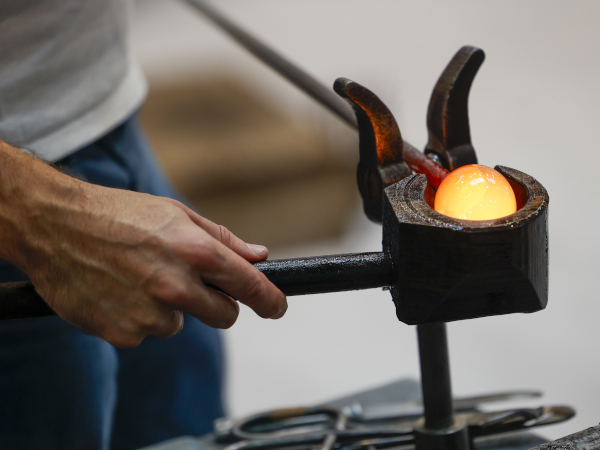


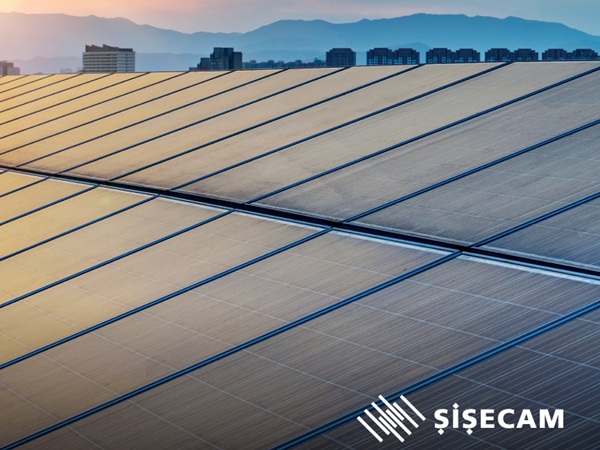
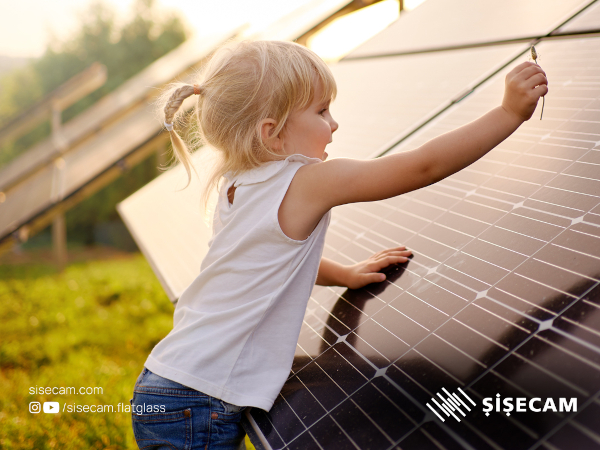










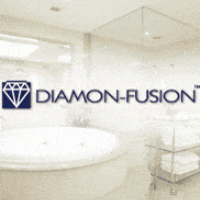
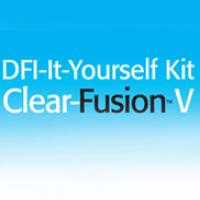
Add new comment